Why Friday Prayer (Jummah) Is Essential for Muslims: Virtues, Benefits, and Practical Guide
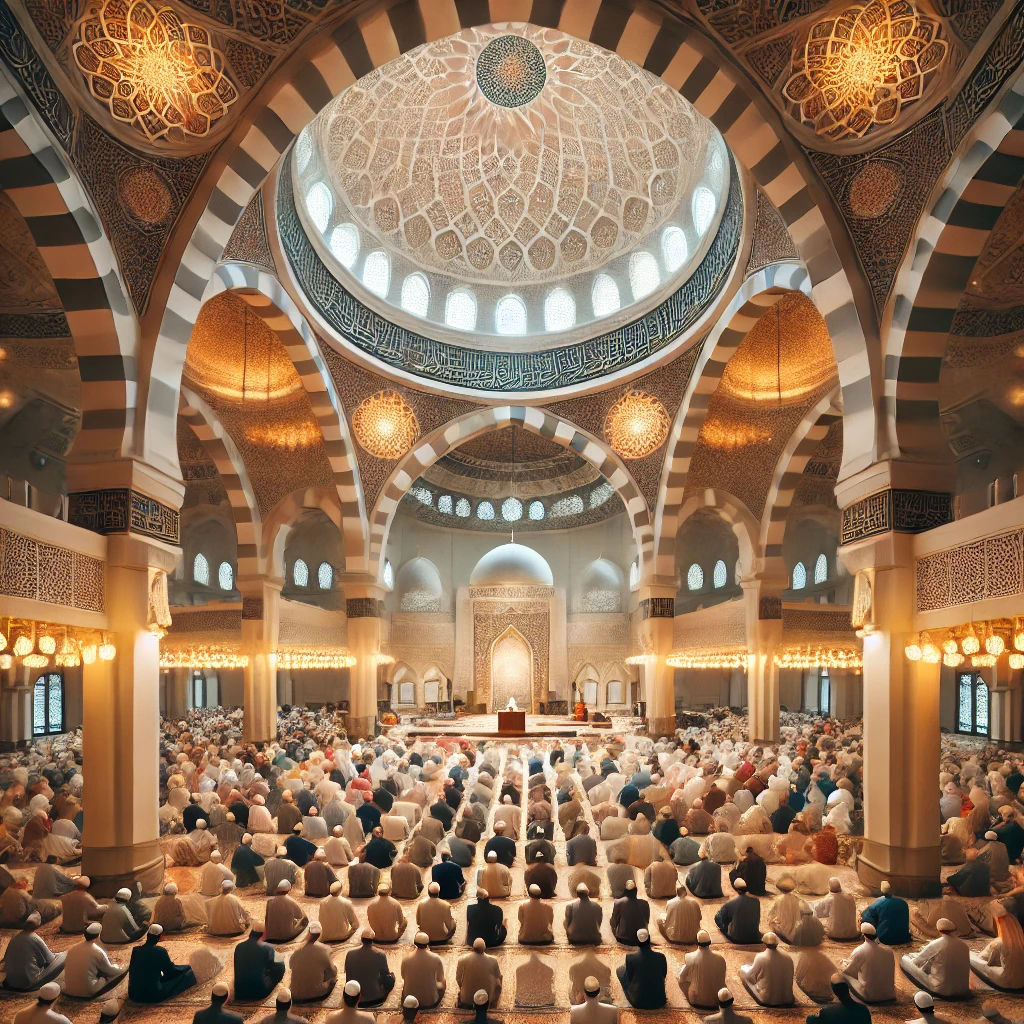
Why Friday Prayer (Jummah) Is Essential for Muslims: Virtues, Benefits, and Practical Guide Friday prayer, known as Jummah (الجُمُعَة), holds a central place in the religious practices of Muslims. It is not only a divine obligation but also a weekly opportunity to connect with Allah, strengthen one’s spirituality, and foster communal bonds. This article explores […]
Invocation for Halal, Blessed, and Abundant Sustenance
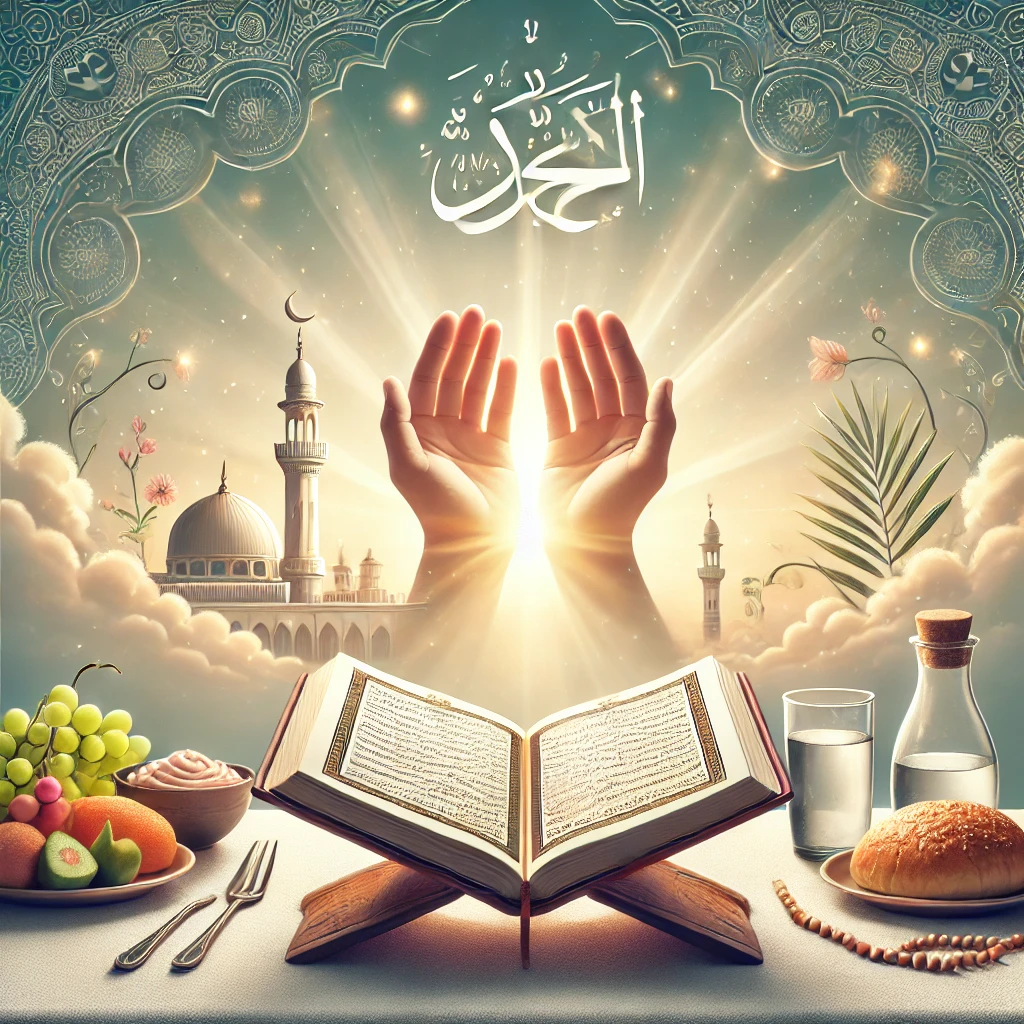
Invocation for Halal, Blessed, and Abundant Sustenance In daily life, every Muslim seeks to meet their needs while adhering to the boundaries set by Allah’s laws. This profound and comprehensive invocation, attributed to our pious predecessors, teaches us how to ask Allah for blessed and purified sustenance aligned with Islamic values. Here is an in-depth […]
What is Sadaqah in Islam? Meaning, Types, and Benefits
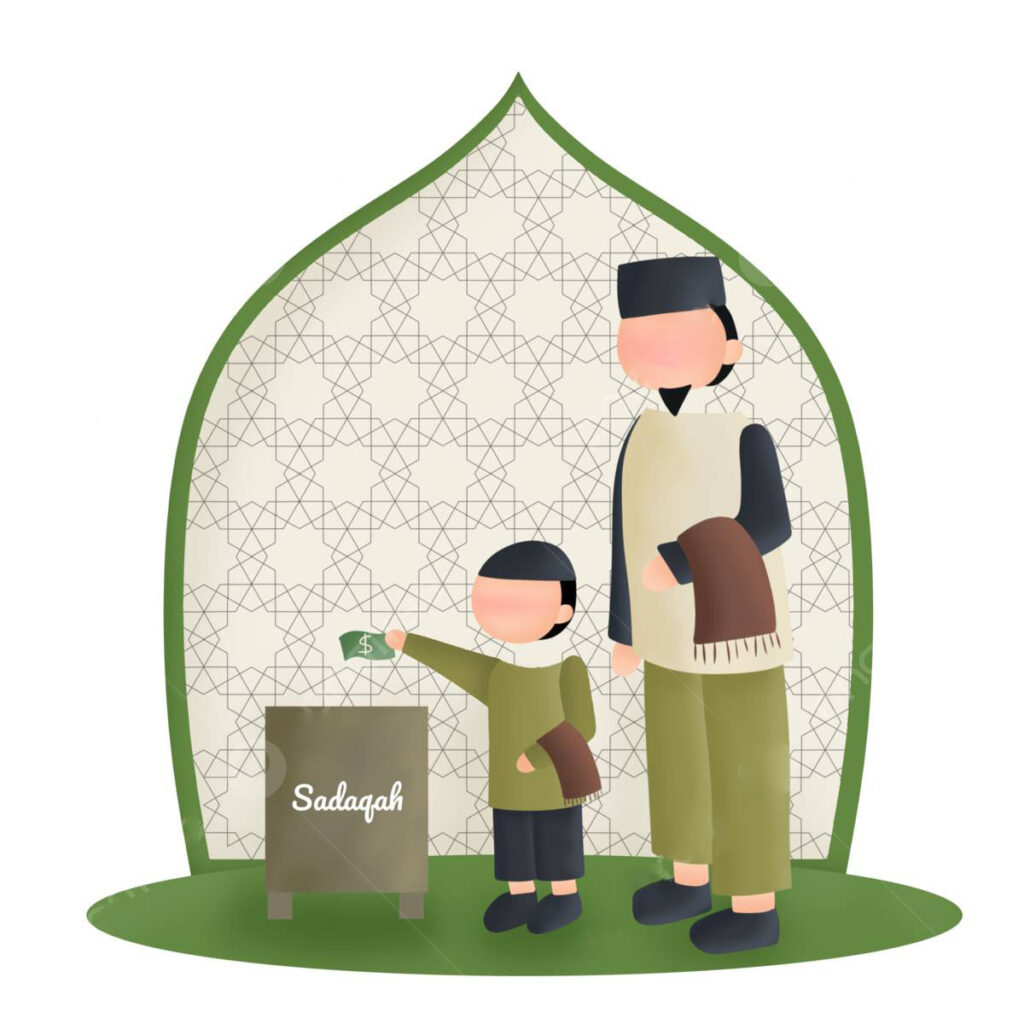
What is Sadaqah in Islam? Meaning, Types, and Benefits Sadaqah, one of the most revered acts in Islam, is an essential part of a Muslim’s relationship with Allah and the wider community. It refers to voluntary charity that a Muslim gives to help others in need, without expecting anything in return. Giving Sadaqah purifies one’s […]
10 Essential Supplications to Teach Your Children

10 Essential Supplications to Teach Your Children Supplications (duas) are a fundamental pillar of the Islamic faith, allowing believers to strengthen their connection with Allah. Teaching these duas from a young age helps nurture spirituality and piety in children. Below is a list of 10 essential duas to pass on to your children, complete with […]
Trials in Islam: Patience, Wisdom, and Blessings
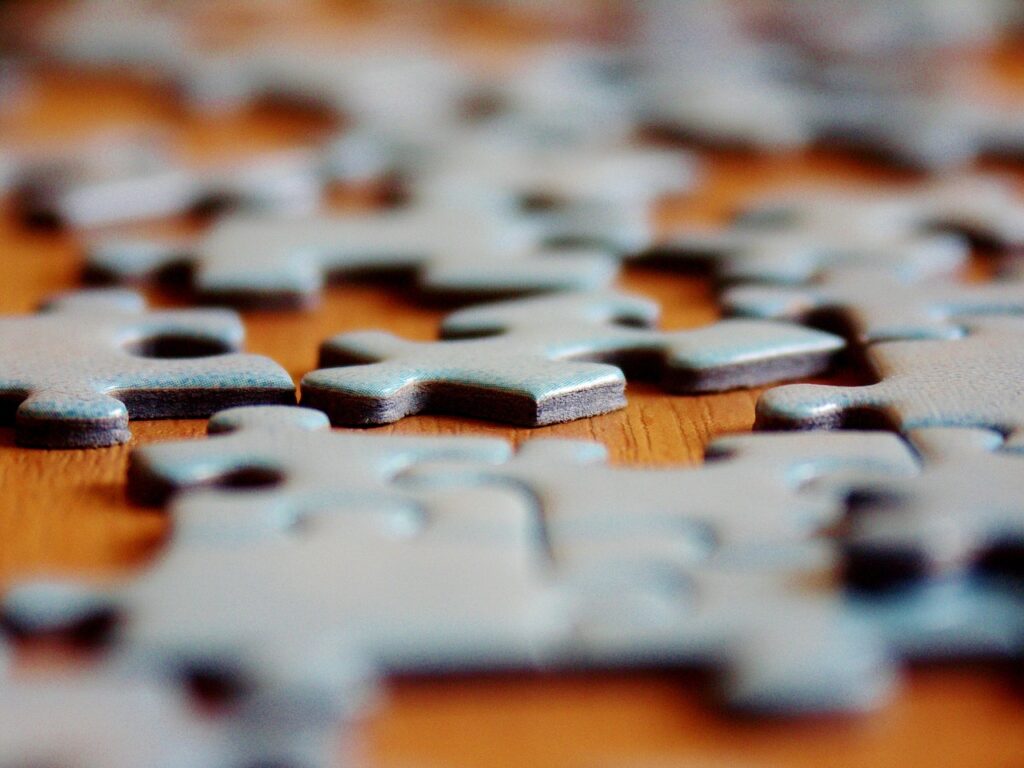
Trials in Islam: Patience, Wisdom, and Blessings Selecting the right Quran learning platform is crucial for your educational journey. Here are some key factors to consider: I. Trials: A Reality in the Life of a Believer 1. Trials as a Test of Faith Allah says in the Quran:“Do the people think that they will […]
Montessori Education in Islam: A Unique Approach

Montessori Education in Islam: A Unique Approach to Raising Muslim Children The Montessori method, although developed in a secular context by Maria Montessori, shares many principles compatible with Islamic teachings. By integrating these two perspectives, educators and parents can provide a rich educational environment that respects Islamic values and supports the holistic development of children. […]
How to Perform Legal Ruqyah: Sunnah-Compliant Methods

How to Perform Legal Ruqyah: Sunnah-Compliant Methods Legal Ruqyah (الرقية الشرعية) is a deeply rooted Islamic practice aimed at protecting individuals from harm, offering healing, and connecting with Allah’s divine mercy. It is essential to follow the Quran and Sunnah for a Ruqyah that aligns with Islamic teachings. This article provides an in-depth look into […]
Prophetic Medicine in Islam

Prophetic Medicine in Islam Prophetic medicine, inspired by the teachings of Prophet Muhammad (peace and blessings be upon him), serves as a timeless guide combining faith, hygiene, and natural remedies. In his book “Prophetic Medicine”, Ibn al-Qayyim al-Jawziyya provides a unique perspective, blending the spiritual and physical aspects of health. This article delves into the […]
Exploring the Scientific Miracles in the Quran

Exploring the Scientific Miracles in the Quran: Evidence of Its Divine Origin For over fourteen centuries, the Quran, the final revelation from Allah to His Messenger Muhammad (peace be upon Him), has captivated minds with its depth and accuracy. Among its many dimensions, its scientific miracles stand out, especially in today’s world, where science holds […]
The Status of a Traveler in Islam: Rules, and Essential Duas
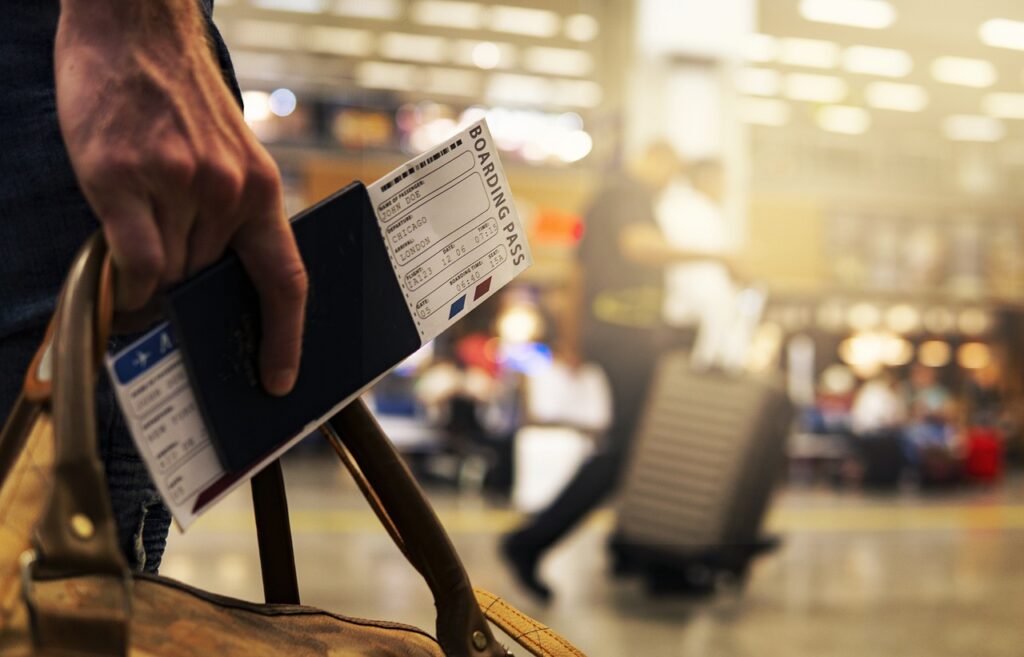
The Status of a Traveler in Islam: Rules, Exemptions, and Essential Duas Islam, as a religion of mercy and practicality, offers specific concessions to travelers to ease their religious obligations during challenging journeys. These include shortened prayers, the option to combine certain prayers, and permission to delay fasting during Ramadan. This article provides an in-depth […]

